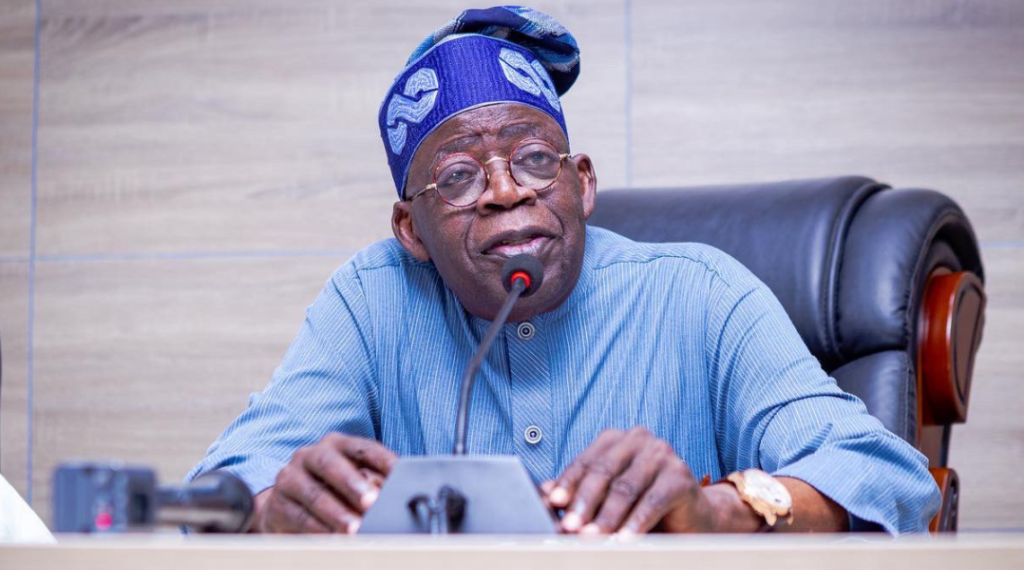A coalition of Nigerian journalists under the banner of the Journalists for Democratic Rights (JODER) has called on President Bola Ahmed Tinubu to revoke the presidential pardon granted to convicted drug traffickers, describing the move as a moral and diplomatic disaster for the nation.
The group, in a statement signed by its Executive Director, Adewale Adeoye, condemned the Federal Government’s recent decision to release 175 inmates, including several individuals convicted for drug-related offenses. JODER said the action has “further eroded Nigeria’s moral fabric and damaged its global reputation,” warning that it sends a dangerous message to the international community.
“The pardon granted to drug lords has not only diminished the dignity of Nigerians worldwide but has also undermined the credibility of the country’s fight against narcotics,” the statement read. The journalists insisted that while the President has the constitutional power to grant clemency, such powers must align with the ethical standards and public interest of the nation.
JODER expressed concern that thousands of Nigerians languish in prison for minor offenses such as petty theft and hunger-related crimes, while individuals found guilty of trafficking harmful substances are being rewarded with freedom. “This action betrays justice and fairness,” the group added, arguing that it undermines the sacrifices of the National Drug Law Enforcement Agency (NDLEA) and the judiciary in curbing drug crime.
Read Also
Family of late Bilyaminu Bello criticizes presidential pardon for Maryam Sanda
Stakeholders tackle Buhari over state pardon for ex-govs, others
Certificate Scandals: From Salisu Buhari to Geoffrey Nnaji
The organization warned that the decision could embolden criminal cartels, demoralize law enforcement officers, and portray Nigeria as a safe haven for drug syndicates. “The government has, intentionally or not, sent three troubling signals, that the powerful can protect drug traffickers, that conviction no longer carries weight, and that Nigeria is failing Africa in the global fight against illicit drugs,” Adeoye said.
JODER labeled the pardon a “national disgrace,” asserting that any achievements the administration may have recorded are now overshadowed by what it described as a reckless and morally indefensible act. “This decision will stain the nation’s history. It has emboldened criminal networks and weakened the morale of officers risking their lives to fight drug crime,” the statement concluded.
The call adds to growing outrage among civil groups and international observers, who have questioned the wisdom of granting clemency to offenders whose crimes threaten public health and Nigeria’s international credibility.






